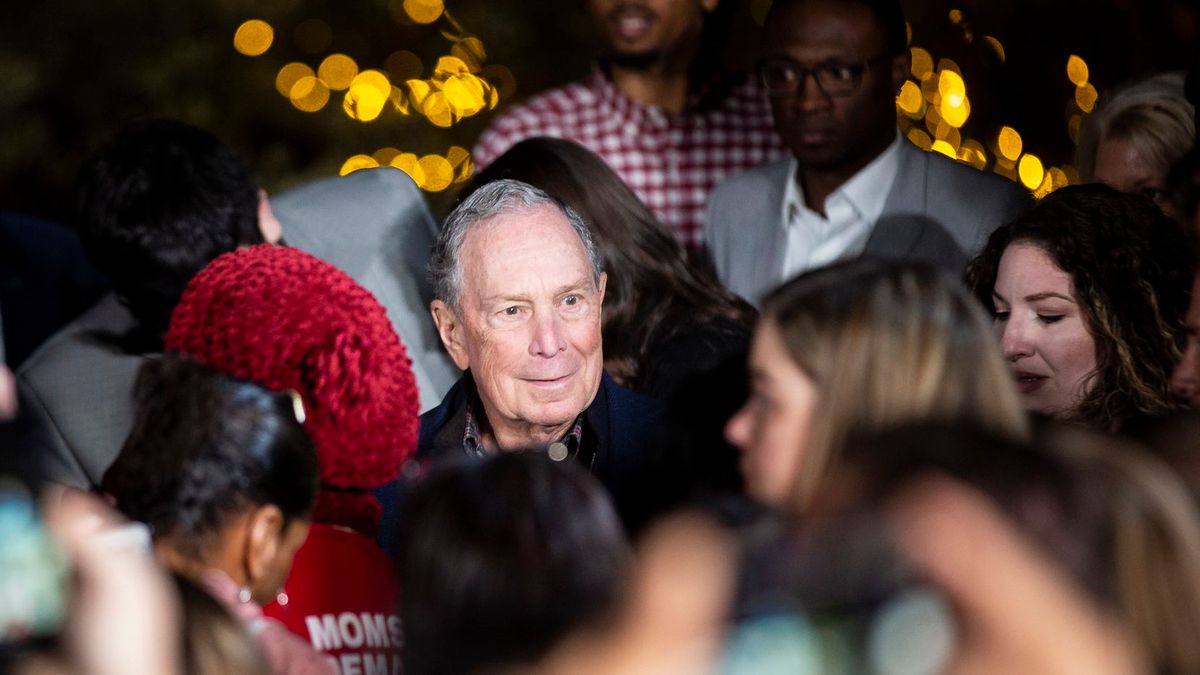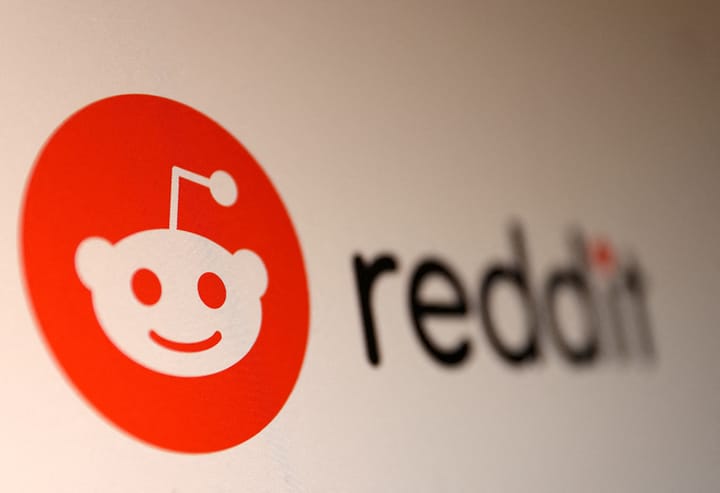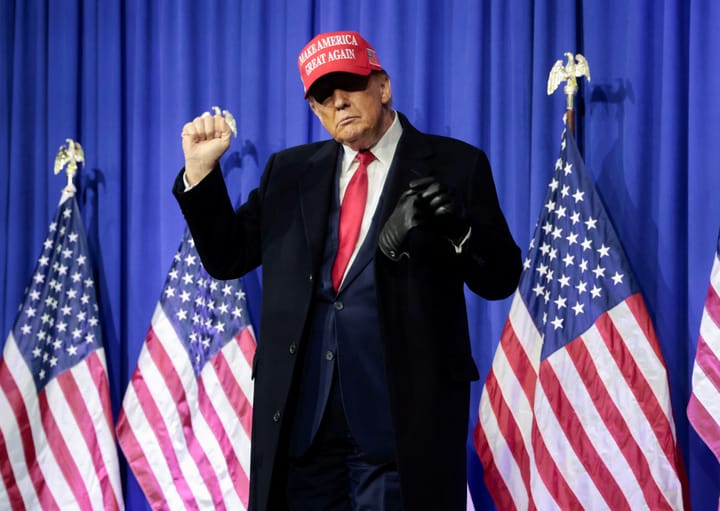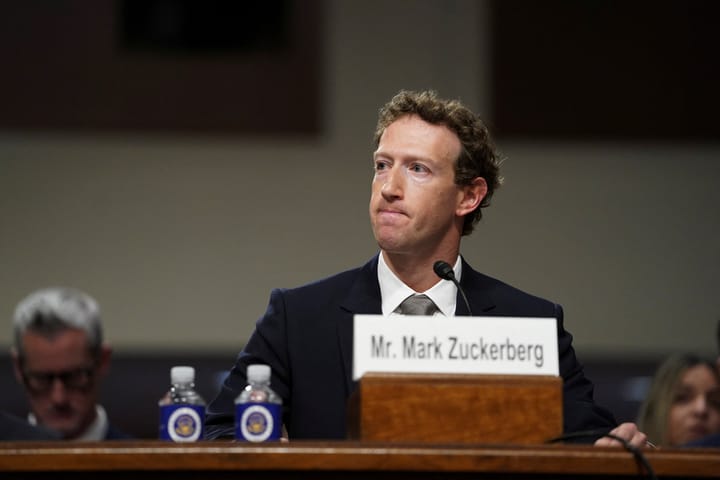Bloomberg and Buttigieg campaigns highlight the risks of social media in 2020 election

A few minutes every morning is all you need.
Stay up to date on the world's Headlines and Human Stories. It's fun, it's factual, it's fluff-free.
This last week, Facebook and Instagram were forced to amend and qualify their advertising policies after Michael Bloomberg’s presidential campaign bought ads with popular meme aggregating accounts. Then, on Sunday, February 16, a supporter of Pete Buttigieg’s presidential run was forced off Twitter when his account was falsely accused of being a sockpuppet account for the campaign.
Both events highlight the risks political campaigns face when engaging with voters through social media. The incidents also show how social media sites have been forced to establish policies dealing with political content as more and more candidates choose to advertise to potential voters via social media.
The Bloomberg meme campaign
On Thursday, February 13, The New York Times reported that the Bloomberg campaign had teamed up with social media marketing company, Jerry Media. The collaboration is a project called Meme 2020, which is focused on creating viral media through social media platforms, especially Instagram.
This alliance has involved a series of “branded content” posts across Jerry Media’s associated Instagram accounts. These accounts, such as @FuckJerry and @Tank.Sinatra, have racked up millions of followers by sharing humorous memes and videos.
https://www.instagram.com/p/B8fR4xnlqw6/?utm_source=ig_embed
The sponsored Bloomberg ads feature mock screenshots of the candidate reaching out to the various accounts. The ads, which show the candidate asking for help in creating memes, generally play on the theme of an out-of-touch Bloomberg hoping to use the popular accounts to reach a broader audience.
Facebook and Instagram respond
Following the appearance of the sponsored content across numerous Instagram accounts on Thursday, Politico reported that Facebook, which owns Instagram, was changing its policy related to sponsored content. Previously, such political content was prohibited, but now, the branded content will be allowed as long as it clearly indicates it is sponsored.
When reached for comment on the Bloomberg ads by The Millennial Source, a Facebook company spokesperson replied:
Branded content is different from advertising, but in either case we believe it’s important people know when they’re seeing paid content on our platforms… After hearing from multiple campaigns, we agree that there’s a place for branded content in political discussion on our platforms. We’re allowing US-based political candidates to work with creators to run this content, provided the political candidates are authorized and the creators disclose any paid partnerships through our branded content tools.
A Buttigieg supporter is doxed
Over the weekend, the Twitter account of a black Nigerian man, @easychinedu, was accused of being a “sockpuppet" account for the Buttigieg campaign. A sockpuppet account is a fake account created to look and act like a genuine person. The account had frequently expressed support for Buttigieg’s campaign, but the campaign has struggled to win support among black voters in the US.
A January 30 tweet in particular caught people’s attention: “Team Pete. Hey. It’s Lis. It’s Phase 4. Time to leave it all on the floor. Phone bankers we need you." This was taken as evidence the account was a fake account operated by Lis Smith, a senior advisor on the Buttigieg campaign.
Among those who expressed skepticism was David Klion, a journalist with nearly 60,000 followers and an outspoken Bernie Sanders supporter. He tweeted multiple times on Sunday, February 16, claiming that the Nigerian account was really Lis Smith (he has since deleted those tweets, apologizing for his role in pushing the story but calling the situation fishy all the same.)
https://twitter.com/DavidKlion/status/1229190539213524993?s=19
As a result, Twitter users swarmed the account in question in an attempt to dox the user, i.e. release their personal information.
Multiple news outlets, including Slate and Mother Jones, tracked down the besieged Twitter user (the account has now been deleted) and confirmed that he was a genuine supporter of Buttigieg’s campaign. The man, identified only as Chinedu, said the “It’s Lis" tweet was a reference to a campaign email that had gone out earlier.
Though the situation resolved itself within 24 hours, it reveals how hard it is for campaigns to appear authentic on social media.
Jerry Media’s history
While Jerry Media’s empire of influencers and popular sites has been very successful, that success hasn’t come without controversy.
Jerry Media accounts, particularly @FuckJerry, have been accused of stealing their content without giving credit to the creators. In early 2019, the hashtag #FuckFuckJerry began trending in protest of that account’s tendency to post uncredited memes. In March 2019, Jerry Media was sued for stealing content to use in promoting a brand of tequila, though the suit was eventually dropped.
In response to the backlash, the account creator of @FuckJerry said he would no longer post memes if the creator could not be identified.
Jerry Media is also associated with the disastrous Fyre Festival. In 2017, Billy McFarland and Ja Rule created a music festival that was sold as a high-end island experience in the Bahamas. The festival, which was advertised across social media by influencers, fell apart dramatically as the festival proved to be poorly organized and underfunded.
Social media played a central role in spreading news of the disaster, with attendees posting pictures in real time from the island.
The festival was labeled a scam and two separate documentaries were made about it, one for Hulu and the other for Netflix.
It was later discovered that Jerry Media, who had helped promote the festival, had funded Netflix’s documentary, Fyre. That documentary ignored Jerry Media’s role in promoting the festival.
[article_ad]




Comments ()